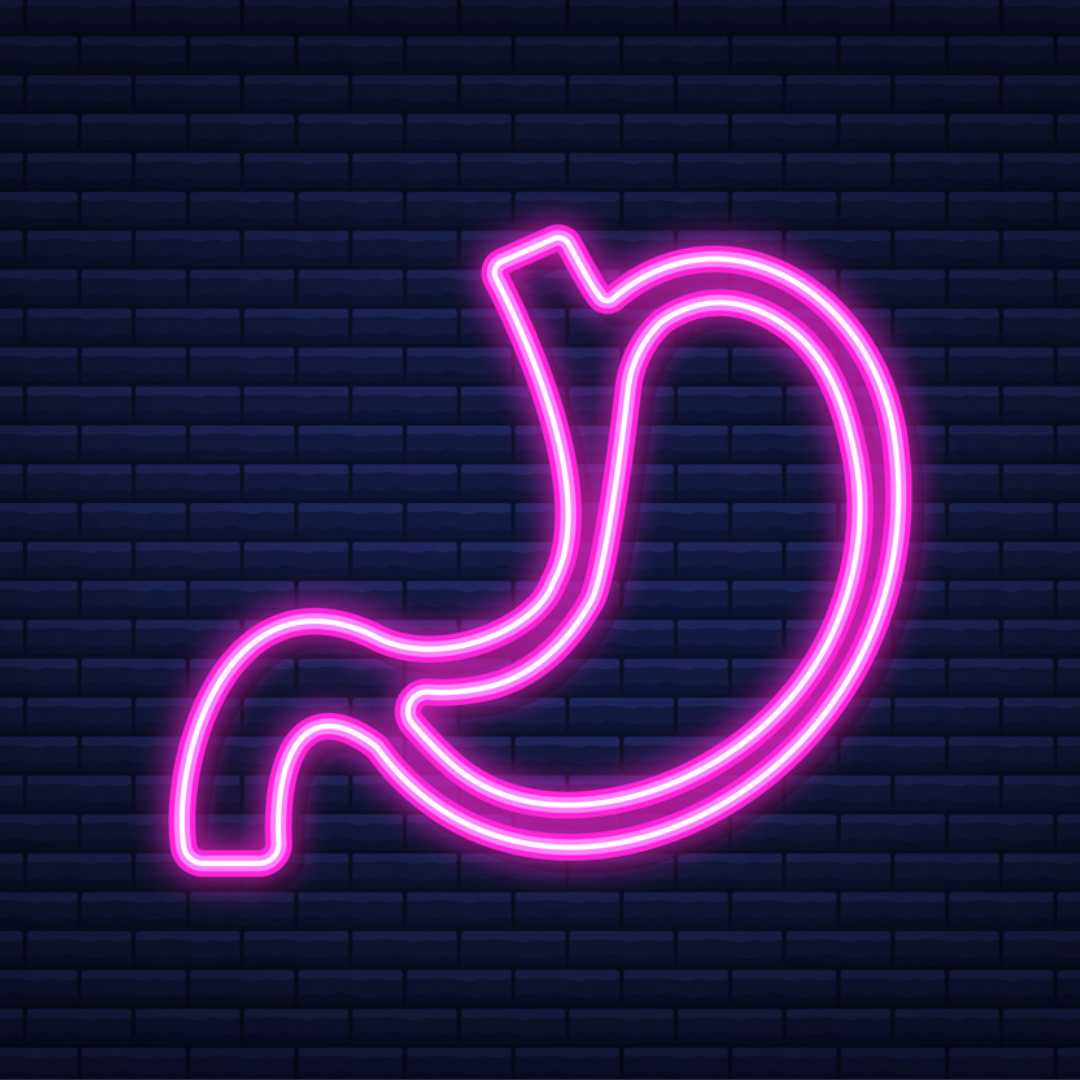What Happens After Bariatric Surgery in Mexico? A Post-Op Guide
.png)
Bariatric surgery is a life-changing decision, offering individuals the opportunity to achieve significant weight loss and improved health. Many patients choose to have the procedure in Mexico due to affordable costs, high-quality medical care, and experienced surgeons. However, a successful outcome depends not only on the surgery itself but also on proper post-operative care and lifestyle adjustments.
This guide provides an overview of what to expect after bariatric surgery in Mexico, including the recovery timeline, dietary changes, physical activity guidelines, and essential self-care practices.
Key Insights at a Glance
- Hospital stay usually lasts one to two days for monitoring
- Patients should stay in Mexico for two to three extra days before travelling home
- Diet progresses from clear liquids to solid foods over several weeks
- Light walking begins immediately after surgery, while strenuous exercise is avoided for four to six weeks
- Regular follow-up appointments with the surgical team and local doctors are essential
Immediate Recovery After Surgery
Hospital Stay in Mexico
Most patients spend one to two days in the hospital after bariatric surgery. During this period, medical staff monitor vital signs, manage pain, and ensure there are no immediate complications. Hydration and light movement are encouraged early on to promote blood circulation and reduce the risk of blood clots.
Post-Hospital Stay in Mexico
After being discharged, it is recommended to stay in Mexico for an additional two to three days before traveling home. This allows time for:
- Follow-up evaluations with the surgical team
- Managing initial recovery symptoms such as nausea or fatigue
- Ensuring there are no post-operative complications before flying or driving home
Many clinics offer medical recovery accommodations where patients can rest under supervision before returning to their home country.
Recovery Timeline After Bariatric Surgery
Each patient’s recovery is different, but the following timeline outlines general post-op expectations:
| Timeframe | What to Expect |
|---|---|
| Days 1-3 | Hospital stay, pain management, clear liquid diet, walking encouraged |
| Days 4-7 | Transition to a full liquid diet, mild discomfort may continue |
| Weeks 2-3 | Introduce pureed foods, incisions start healing, increase activity |
| Weeks 4-5 | Soft foods added to the diet, begin light exercise |
| Week 6 and Beyond | Resume normal activities, incorporate solid foods gradually |
Post-Surgery Dietary Guidelines
One of the most critical aspects of recovery is following the proper diet to allow the stomach to heal and adapt to smaller food portions. The diet is introduced in four phases:
1. Clear Liquid Diet (Days 1-7)
Patients can only consume water, broth, herbal tea, and sugar-free drinks. This phase prepares the stomach for food reintroduction while preventing dehydration.
2. Full Liquid Diet (Weeks 2-3)
Gradually introduces protein shakes, blended soups, and unsweetened yogurt. Protein intake is essential to support healing and prevent muscle loss.
3. Pureed Food Diet (Weeks 3-4)
Soft, blended foods such as mashed vegetables, scrambled eggs, and blended lean meats are introduced. Small, frequent meals are recommended to prevent overeating and discomfort.
4. Soft and Solid Foods (Week 5 and Beyond)
Soft foods like baked fish, soft fruits, and cooked vegetables can be introduced, followed by solid foods in small portions. Patients should chew food thoroughly and avoid high-fat, high-sugar, or processed foods.
Physical Activity After Surgery
1. Light Walking (Immediately After Surgery)
Patients are encouraged to walk for short distances on the same day as their surgery to promote circulation and prevent blood clots.
2. Increasing Movement (Weeks 2-4)
Daily light activities such as walking for 15-30 minutes help in boosting metabolism and reducing stiffness. Avoid heavy lifting and strenuous activities during this phase.
3. Moderate Exercise (Weeks 5-6)
Patients can start light strength training, swimming, or stationary cycling under medical supervision. Listen to your body and avoid overexertion.
4. Full Workouts (Week 8 and Beyond)
By two months, most patients can return to regular workouts, including strength training and cardiovascular exercises.
Caring for Surgical Incisions
Proper wound care reduces infection risks and promotes faster healing. Here’s how to care for incisions post-surgery:
- Keep the incision area clean and dry using mild soap and water
- Avoid swimming or soaking in a bathtub until the incision is fully healed
- Monitor for signs of infection such as redness, swelling, or pus
- Wear loose, comfortable clothing to prevent irritation
If any signs of infection appear, contact a healthcare provider immediately.
Common Post-Surgery Side Effects
1. Fatigue and Weakness
It is normal to feel tired during the first few weeks. Stay hydrated and consume enough protein to regain energy.
2. Nausea and Vomiting
Some patients experience mild nausea while adjusting to the new diet. Eating slowly and in small portions can help minimize discomfort.
3. Hair Loss and Nutrient Deficiencies
Since nutrient absorption is reduced, patients should take vitamin and mineral supplements as prescribed. Biotin and protein-rich foods can help reduce hair thinning.
4. Dumping Syndrome (Gastric Bypass Patients)
Some gastric bypass patients may experience rapid stomach emptying, leading to nausea, dizziness, and diarrhea. Avoid high-sugar foods to prevent this condition.
Follow-Up Appointments and Long-Term Care
Regular follow-up visits ensure a smooth recovery and long-term success. Patients should schedule:
- 1st Follow-Up: 1-2 weeks after surgery (virtual or in-person)
- 2nd Follow-Up: 1 month post-surgery to assess weight loss progress
- 3rd Follow-Up: 3-6 months post-surgery to check nutrition levels and overall health
- Annual Check-Ups: Monitor long-term results and address any concerns
Many bariatric clinics in Mexico offer virtual follow-ups for international patients.
Did You Know?
- Mexico is one of the top destinations for bariatric surgery, attracting thousands of international patients each year
- Most bariatric procedures in Mexico are performed using minimally invasive techniques, leading to faster recovery times
- Many Mexican clinics offer all-inclusive surgery packages, covering surgery, hospital stay, transportation, and follow-up care
Frequently Asked Questions (FAQs)
1. How long should I stay in Mexico after surgery?
Most patients need to stay in Mexico for at least two to three days after hospital discharge to allow time for post-operative evaluations and ensure they are stable before travelling home. The typical timeline includes:
- days 1-2: hospital stay for monitoring and initial recovery
- days 3-5: discharge to a nearby recovery facility or hotel, with follow-up visits to check incision healing and overall well-being
- days 5-7: clearance for travel, ensuring no complications such as dehydration, nausea, or infection
Some patients may choose to stay longer for additional monitoring, but most can safely travel home within a week after surgery, provided they follow the doctor's instructions.
2. How soon can I return to work?
The time needed to return to work depends on the type of surgery performed and the patient’s job requirements.
- for desk jobs or remote work: patients can usually return within 10 to 14 days if they feel comfortable. It’s important to avoid prolonged sitting and take short walks throughout the day.
- for jobs requiring moderate physical activity: those with jobs involving standing, light lifting, or moderate movement may need up to three to four weeks before returning.
- for physically demanding jobs: patients with jobs that involve heavy lifting, manual labor, or strenuous activities should wait at least four to six weeks before resuming work to prevent complications such as hernia, strain, or delayed healing.
It is essential to listen to the body and consult the surgeon before returning to work, especially for physically demanding roles.
3. What foods should I avoid after bariatric surgery?
Following bariatric surgery, patients must make lifelong dietary adjustments to ensure proper digestion, avoid complications, and achieve long-term weight loss. The following foods should be avoided:
- carbonated beverages (soda, sparkling water, beer) – these can cause bloating and discomfort due to excess gas in the stomach
- fried and greasy foods (fast food, deep-fried snacks) – these are hard to digest and may lead to dumping syndrome in gastric bypass patients
- sugary snacks and desserts (cakes, cookies, candy, soda) – these can cause blood sugar spikes, dumping syndrome, and weight regain
- processed foods (chips, packaged snacks, refined carbs) – these lack nutritional value and can lead to slower weight loss or nutritional deficiencies
- alcohol (beer, wine, liquor) – alcohol can be absorbed more quickly after bariatric surgery, leading to a higher risk of intoxication and stomach irritation
- tough meats (steak, pork, overcooked chicken) – hard-to-chew proteins can cause digestive discomfort. Choose lean, tender meats like fish, ground turkey, or soft chicken
Patients should also eat slowly, chew food thoroughly, and avoid drinking fluids while eating to prevent nausea and indigestion.
4. When can I start exercising after surgery?
Physical activity is an important part of post-surgery recovery and long-term weight loss success. The timeline for exercise is as follows:
- first 1-2 weeks: patients should start with short, slow walks to encourage blood circulation and prevent blood clots. Avoid any heavy lifting.
- weeks 3-4: increase walking time to 20-30 minutes per day. Light stretching is allowed, but no intense activities.
- weeks 5-6: introduce low-impact exercises like cycling, swimming, or yoga. Continue avoiding core-intensive workouts and weightlifting.
- weeks 7-8 and beyond: most patients can resume full-body workouts, including strength training, jogging, and moderate-intensity exercise.
It’s important to gradually increase physical activity levels while listening to the body and avoiding exercises that cause pain or discomfort. Always get approval from the surgeon before starting high-impact exercises.
5. Do I need lifelong supplements?
Yes, bariatric surgery significantly reduces the stomach’s ability to absorb essential vitamins and minerals, making lifelong supplementation necessary. Patients will need to take:
- multivitamins (daily) – provides essential nutrients that may be missing from a limited diet
- calcium citrate (1,200-1,500 mg per day) – helps maintain bone health and prevent osteoporosis
- Vitamin B12 (500-1,000 mcg per day) – prevents fatigue, nerve damage, and anaemia, as b12 absorption is reduced after surgery
- iron (45-60 mg per day) – prevents iron deficiency anaemia, especially in women
- vitamin d3 (3,000 IU per day) – supports calcium absorption and bone health
Patients should have regular blood tests to monitor vitamin levels and adjust supplementation as needed to prevent deficiencies. Taking supplements is a lifelong commitment to ensure long-term health and well-being.
Start Your Weight Loss Journey with PlacidWay
Bariatric surgery in Mexico is safe, effective, and affordable, but post-operative care is key to achieving long-term success. PlacidWay connects patients with top bariatric clinics and experienced surgeons for the best medical care.
Contact PlacidWay today for a free consultation and take the first step toward a healthier life!







.png)

